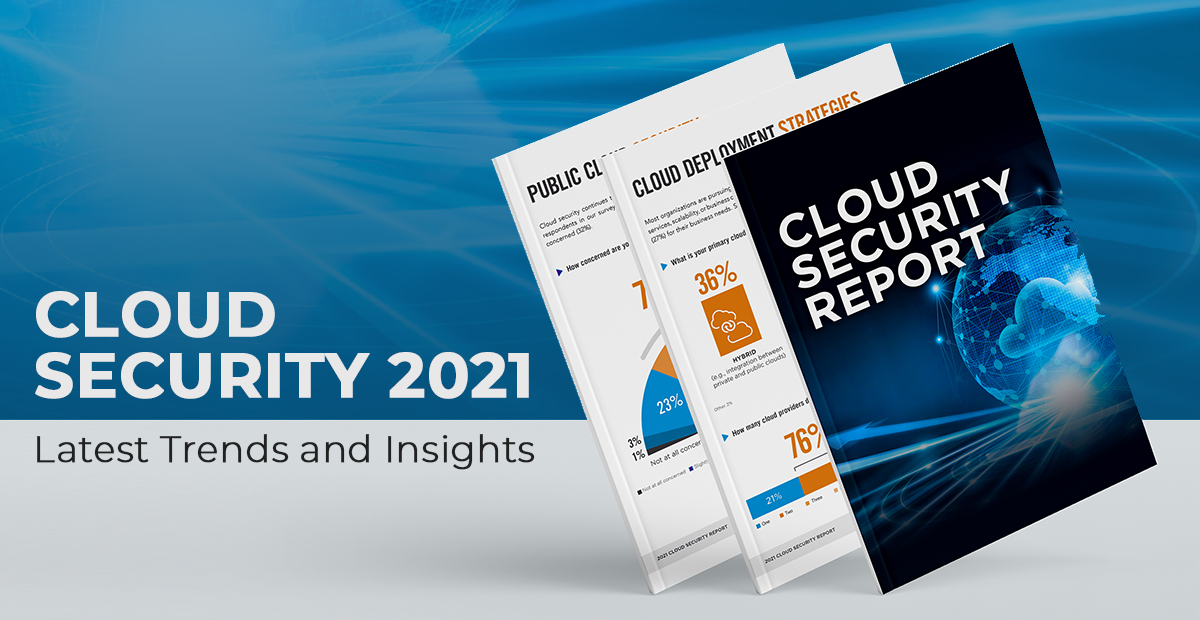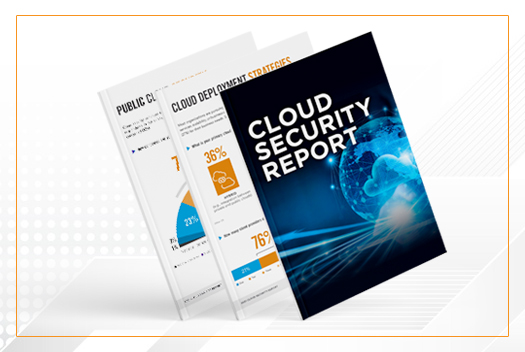
With cloud security continuing to be a hot topic in 2021, Hanu’s security partner- Fortinet and Cybersecurity Insiders decided to ask cybersecurity professionals around the world and across all industries for their latest insight. The brand new 2021 Cloud Security Report reveals how more than 500 cybersecurity professionals —from technical executives to managers and IT security practitioners — are responding to security threats in the cloud, how their organizations are using the cloud, and the best practices they are prioritizing. Let’s take a look at some of the key findings
A Diverse Digital Landscape and the Role of Cloud Security
First, and perhaps not surprisingly, organizations continue to rapidly adopt the cloud to meet key business objectives. And that trend doesn’t seem to be slowing down any time soon. The report indicates that 33% of organizations are running more than half of their workloads in the cloud today, and that number is set to rise to 56% in the next 12–18 months.
A Sophisticated and Challenging Threat Landscape
Given the similarly expanding digital threat landscape, it’s perhaps not surprising that security remains a concern. Virtually all respondents indicated that they were at least moderately concerned about the security of public clouds, nearly one-third being extremely so. That said, it’s not threat actors that top the list of cloud security threats, misconfiguration wins that vote. The complexity of managing multi-cloud environments is clearly adding to what is already a challenging task. Misconfiguration of cloud security remains the biggest cloud security risk according to 67% of cybersecurity professionals.
At the same time, cybersecurity professionals are operating under tight budget constraints, with cost being the primary criteria for deciding which security solution to implement. It seems some organizations may still not have grasped that, in order to achieve the business goals that they are looking to realize with cloud, cloud security is a critical enabler.
A Cloud Security Strategy That Bridges Complexity
Addressing the challenges outlined in the 2021 Cloud Security Report clearly demands a strategy that embraces complexity. Organizations are grappling with a diverse set of tools that deliver disparate controls and highly variable security posture, specific to each cloud platform.
With Hanu and the Adaptive Cloud Security portfolio, powered by Fortinet, organizations have the ability to bridge this complexity. Deeply integrated, cloud-native solutions provide visibility, protection and control through consistent policies that span the diverse array of multi-cloud and hybrid cloud environments. This common security framework not only delivers a uniform security posture, but also simplifies cyber defense, compliance reporting and data sharing. Teams are free to adopt whichever cloud platform suits their particular needs, confident that their data and applications will be safe, resilient and securely accessible in each.
Cloud Security Assessment
As evident in the 2021 Cloud Security Report, most cybersecurity systems remain reactive responding to a system crash, a hack, or a data breach. A better approach to IT infrastructural security is being proactive so that threats can be eliminated and loopholes blocked before damage can be done to the system. With Hanu’s cloud security assessment, organizations can identify vulnerabilities and mitigate possible security risks within three days. It provides actionable insights into security misconfigurations in the current Azure security posture and deviations from the recommended cloud security architecture. Such assessments are critical to a comprehensive security strategy that factors business growth as well as complex multi-faceted cyberthreats.
Cloud is now a critical part of the digital landscape for most organizations, and often a key enabler for future success. Aligning security strategy and business strategy is key to ensuring that this future is one you can always trust.
Schedule a FREE Azure Security and Compliance Audit (3-day Assessment)




